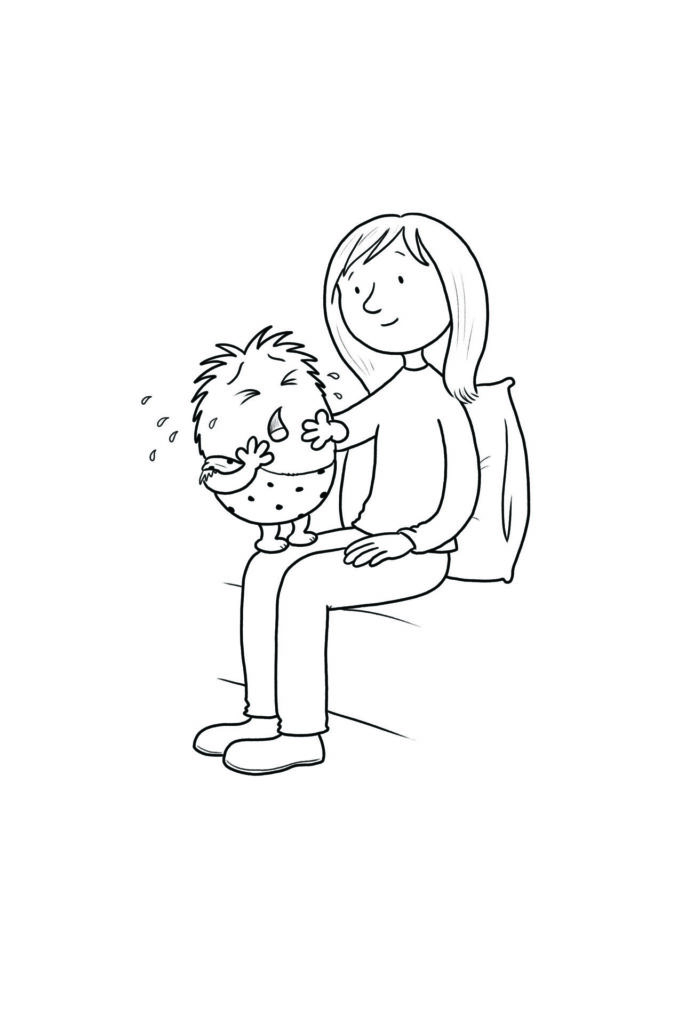
Anxiety often feels like an unwelcome companion. Instead of fighting it, what if we approached it with kindness and understanding? This is where Compassion-Focused Therapy (CFT) comes in, offering a gentle and nurturing way to manage anxiety.
What is Compassion-Focused Therapy?
Developed by Dr. Paul Gilbert, CFT is based on the idea that many emotional difficulties, including anxiety, stem from (or are exacerbated by) a harsh critical inner voice and a lack of inner compassion. CFT integrates principles from cognitive-behavioral therapy, evolutionary psychology, neuroscience, and mindfulness to help us develop a more compassionate relationship with ourselves and others.
The Compassionate Mind
At the heart of CFT is the practice of cultivating the compassionate mind. This means responding to our inner experiences with kindness and understanding, much like comforting a distressed friend. Instead of reacting to anxiety with frustration or judgment, CFT teaches us to approach it with helpful compassion.
How Can CFT Help with Anxiety?
- Reducing Self-Criticism: Anxiety often brings self-critical thoughts like “I’m such a (fill in cruel statement) for feeling this way!” CFT helps us recognize these patterns and replace them with a more compassionate tone, treating ourselves with the same kindness we’d offer a friend.
- Building Emotional Resilience: By fostering self-compassion, CFT strengthens our ability to cope with stress. This inner support system offers comfort during tough times, making it easier to face anxiety-inducing situations without feeling overwhelmed.
- Facing Fears with Courage: CFT encourages confronting fears with a compassionate mindset. By nurturing self-compassion, individuals can approach anxiety-provoking situations with courage and resilience, feeling the strength of inner support.
Practical Steps to Cultivate Self-Compassion
- Mindful Awareness: Notice your anxiety without judgment. Observe where you feel it in your body and acknowledge its presence with curiosity.
- Compassionate Imagery: For example, visualizing a figure that embodies compassion for you, offering kindness, support, and understanding when you feel anxious.
- Compassionate Self-Talk: Practice speaking to yourself as you would a close friend in distress, replacing critical thoughts with supportive ones.
Embracing Compassion in the Face of Anxiety
Learning to approach your anxiety with compassion can transform your relationship with it. Instead of fighting anxiety (and then feeling more anxious about your anxiety), view it as a part of yourself that needs care and understanding. Compassion-focused therapy offers a more adaptive approach to anxiety while easing suffering.
By embracing compassion, you can create a more peaceful coexistence with your anxiety, allowing yourself to face fears with courage and live a fuller, more satisfying life.
To read more about using CFT to help you during life’s distressing moments, check out, The Mindful Freak-Out: A rescue manual for being at your best when life is at its worst.
Eric Goodman, Ph.D.